Higher Education in Knowledge Era: Innovation, Excellence and Values
India has glorious traditions of education, research and self-learning since ancient times. Taxila and Nalanda, which data back to 6th century B.C. were the best known centres of learning in the then known world.
Once these institutions went into oblivion, the journey of Indian higher education has been rather arduous. And when we became free in 1947, we inherited an elitist system, which catered to only a privileged few. Though our priorities have undergone marked transformation since then, adherence to national ethos, coherence with cultural values, inclusion and pluralism have been the guiding principles. The higher education system as of now comprises 712 universities, over 38,000 colleges, 25 million students and about one million teachers. However, the growth has been haphazard and it is operating in all pervading quality-deficit regime in spite of being over-regulated. Though our higher education system is one of the largest systems in the world, it has not proved equal to the task of meeting the challenges of rapidly changing scenario induced by the forces of globalization and knowledge economy propelled by revolutionary developments in technology.
This book identifies the gaps, analyses the reasons, which are too diverse, and makes suggestions how innovation-led value-based education can navigate our voyage towards excellence and help create competent and competitive human capital for national as well as international markets. At a time when policy makers in the country are engaged in formulating New Education Policy and gainfully harness the vast potential of demographic dividend for economic good through appropriate skills, this work highlights latest developments in all sectors of higher education, maps future directions and provides clear understanding of various complex issues. The empirical analysis provided here will be immensely useful for all stakeholder, including private and foreign higher education providers, who cater to more than half of the learner population in the higher education sector.
This book will be an immensely useful resource for all those engaged in teaching, research, consultancy, planning and administrating of higher education and care for skilled, educated, peaceful and prosperous India. It should reignite a healthy debate on the inclusion of a moral component in the educational curriculum.
Contents: Foreword. 1. Indian education: a historical perspective. 2. Higher education in modern India: March towards knowledge society. 3. Financing higher education in India and participation of private sector. 4. Globalization of higher education: challenges and opportunities. 5. Open and flexible learning: issues of equitable access, cost and quality. 6. Knowledge revolution through information and communication technologies. 7. Regulation of higher education in India. 8. Promoting ethics and values in higher education. Epilogue. Index.
Get it now and save 10%
BECOME A MEMBER

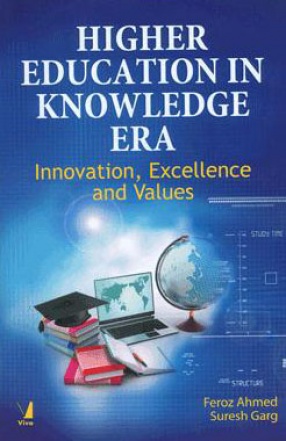
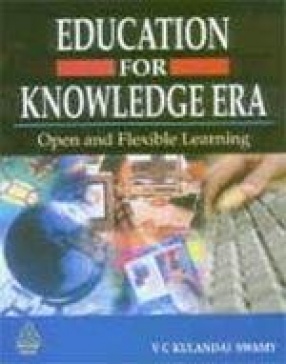
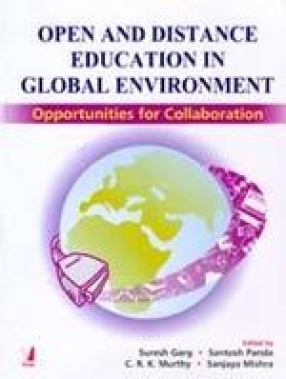
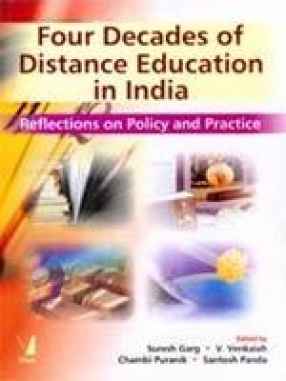


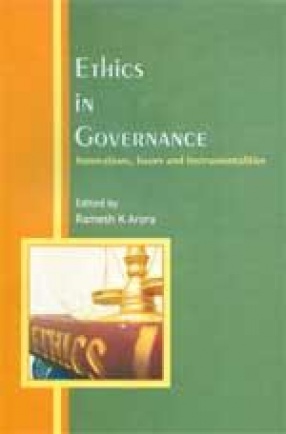
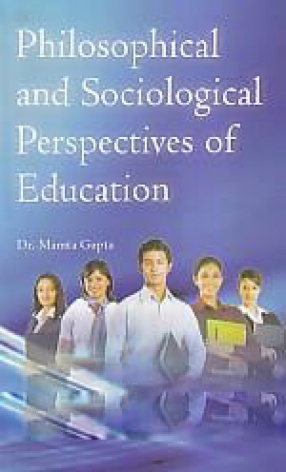
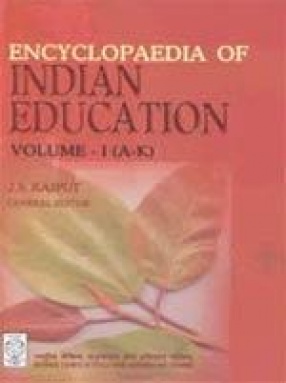

Bibliographic information
Suresh Garg